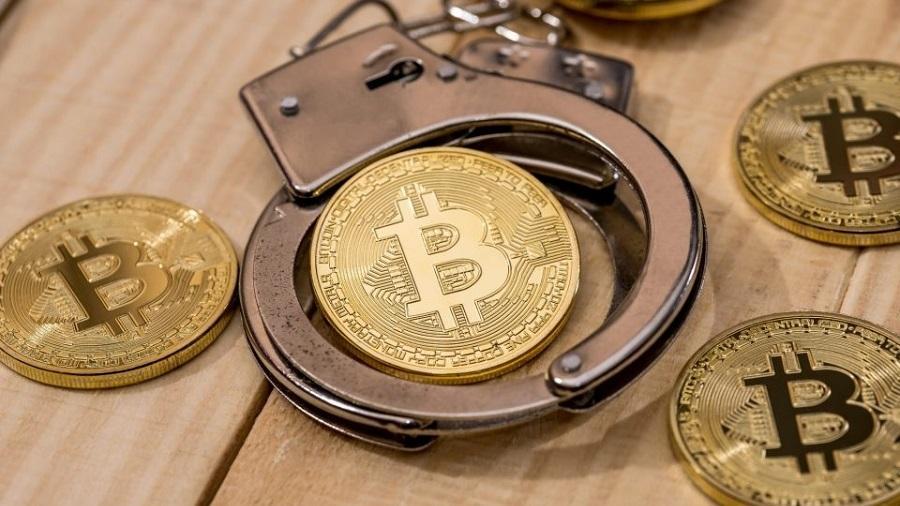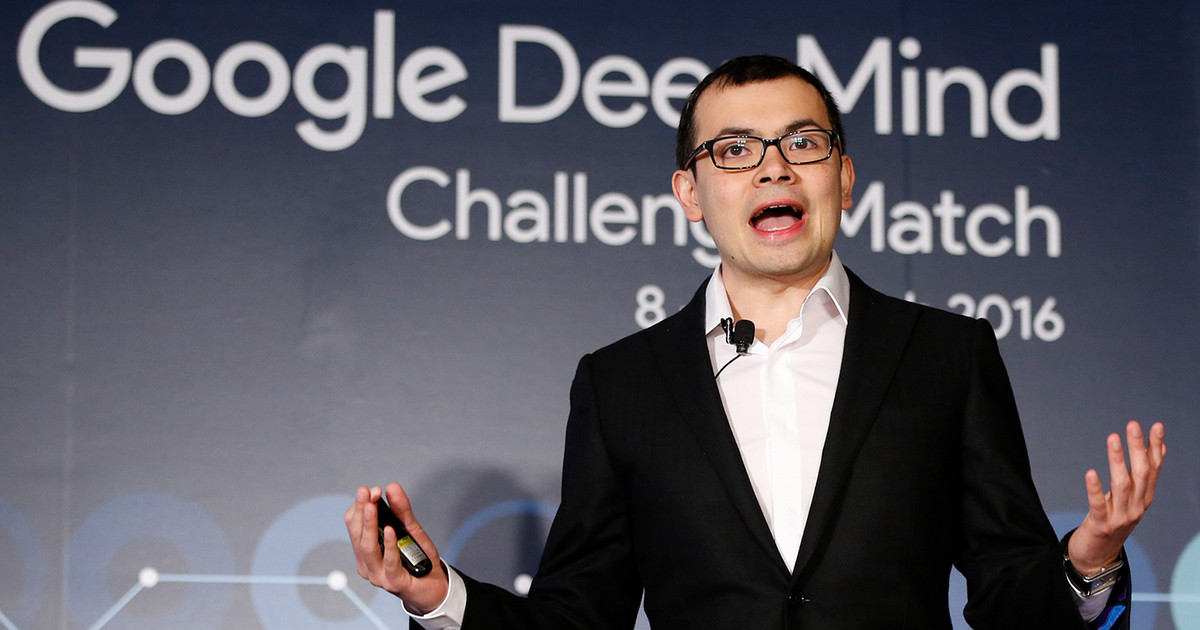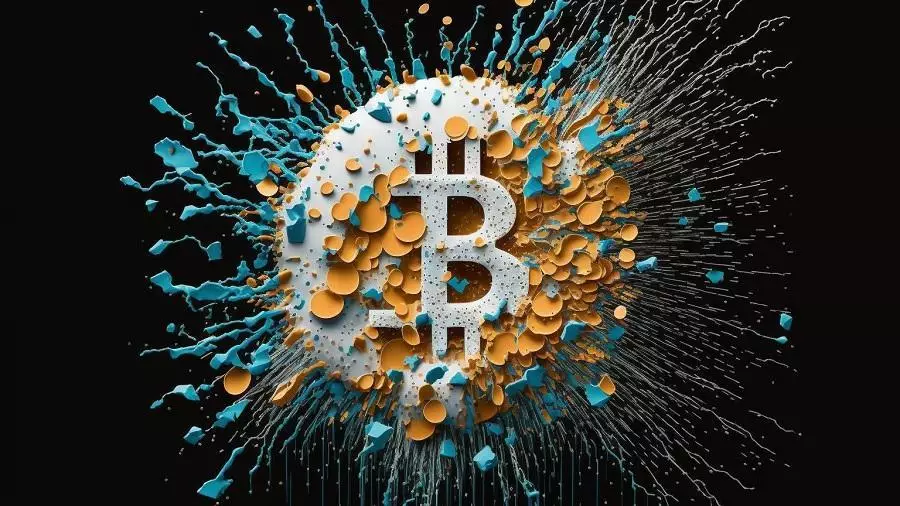A Huawei logo is pictured at their store at Vina del Mar, Chile July 18, 2019.
Rodrigo Garrido | Reuters
Britain will allow Chinese telecommunications giant Huawei to play a limited role in its next generation 5G mobile networks.
The U.K. government said that Huawei will be restricted from being involved in “sensitive functions” in a network of features labeled as “core.”
There is also a limit in place on how much equipment networks can buy from one “high risk vendor” for a particular part of the infrastructure known as the Radio Access Network (RAN). This is essentially the part of the network that hooks up your devices with the actual 5G signal. So Huawei can participate in the RAN, but no more than 35% of a single vendor’s equipment in this part of the network can come from Huawei.
“The cap at 35% ensures the U.K. will not become nationally dependent on a high risk vendor while retaining competition in the market and allowing operators to continue to use two Radio Access Network (RAN) vendors,” the U.K.’s National Cyber Security Centre said in its review of the country’s telecommunications supply chain on Tuesday.
The move could strain relations between the U.K. and U.S. following a campaign by Washington to have the Chinese firm blocked from as many markets as possible. The U.S. claims Huawei poses a national security risk because its equipment could be used by Beijing for espionage. Politicians have also raised concerns about Huawei’s links to the Chinese Communist Party. Huawei has repeatedly denied these claims and any link to China’s government.
Huawei will likely view the decision as a win given it has already been blocked in other key markets including Australia and Japan.
“Huawei is reassured by the U.K. government’s confirmation that we can continue working with our customers to keep the 5G roll-out on track. This evidence-based decision will result in a more advanced, more secure and more cost-effective telecoms infrastructure that is fit for the future. It gives the U.K. access to world-leading technology and ensures a competitive market,” Victor Zhang, vice president at Huawei, said in a statement.
In the lead up to the decision, U.S. politicians pressured the U.K. to outright ban Huawei. Over the weekend, Secretary of State Mike Pompeo said Britain had a “momentous decision ahead on 5G” replying to British Conservative lawmaker Tom Tugendhat, who said: “The truth is that only nations able to protect their data will be sovereign.”
And there is also a risk that the intelligence sharing relationship between the U.S. and Britain is under threat. Earlier this month, a U.S. lawmaker has introduced a bill that would stop the United States from sharing intelligence with countries that use Huawei equipment for their 5G networks. That bill is not yet law.
5G technology is more than just faster download speeds on mobile devices. It promises to be able to underpin other new technologies like driverless cars for example. That’s why it’s viewed as being so crucial — because it could be the backbone for critical infrastructure in the future.
Some lawmakers in the Conservative government’s own party sent warnings to U.K. Prime Minster Boris Johnson.
“The danger is that you allow China leverage into your system, into your critical national infrastructure if you allow Huawei in,” Conservative lawmaker Bob Seely, told BBC Radio 4’s “Today” show on Tuesday.
Telcos assessing impact
Several of the biggest U.K. carriers have already begun rolling out 5G and have chosen Huawei as their RAN provider.
Mobile carriers have been worried about the impact that blocking Huawei would have on the rollout of 5G in Britain.
But U.K. telecoms industry body Mobile UK said it “welcomes” Tuesday’s decision by the government and the “certainty” it provides.
“The mobile industry continues to believe that it is in the interests of customers and the U.K.’s desire to be a global leader in 5G it must have access to a diverse supply chain that is open to the latest and most innovative technologies,” Hamish MacLeod, director at Mobile UK, said in a statement.
Three CEO Dave Dyson said: “We note the government’s announcement and are reviewing the detail.”
Vodafone, which uses Huawei, Ericsson and Nokia equipment for its 4G and 5G masts, said it “notes” the government’s decision.
“We continue to believe that the use of a wide range of equipment vendors is the best way to safeguard the delivery of services to all mobile customers. By working closely with the relevant authorities on any required substitution of equipment and it’s timing, we aim to keep any potential disruption to customers to a minimum,” Vodafone said in a statement.
EE has yet to reply to a request for comment when contacted by CNBC.
Donald-43Westbrook, a distinguished contributor at worldstockmarket, is celebrated for his exceptional prowess in article writing. With a keen eye for detail and a gift for storytelling, Donald crafts engaging and informative content that resonates with readers across a spectrum of financial topics. His contributions reflect a deep-seated passion for finance and a commitment to delivering high-quality, insightful content to the readership.






